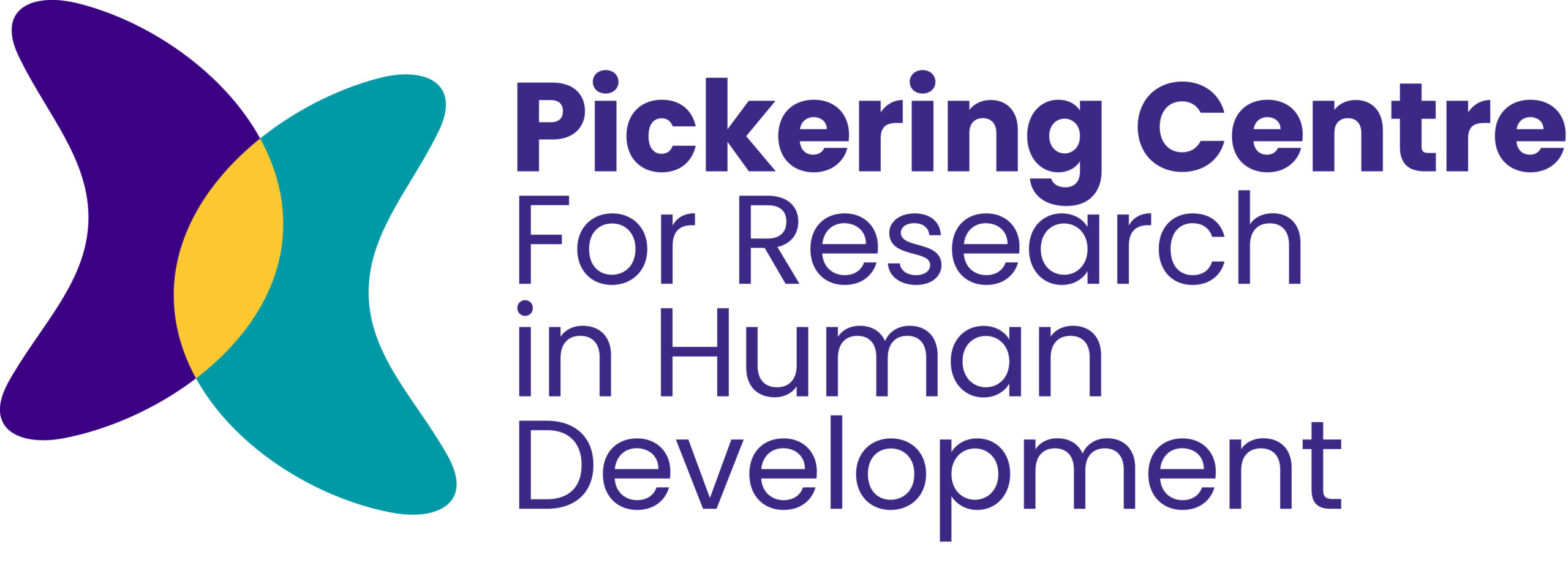Journal of Research on Adolescence
Proposal for a Special Issue in the Journal of Research on Adolescence
Call for Papers: Advancing Research Methodologies with Diverse Young People
Important Dates:
Call for Special Issue: January 31, 2025
Abstract submission: April 30, 2025
Special Issue editors notify authors to submit full manuscript: June 15, 2025
Full manuscript submission: October 31, 2025
Initial manuscript decisions (after peer-review): January 31, 2026
Revised manuscript submission: April 30, 2026
Final decision on manuscript: July 31, 2026
Special Issue published: September 30, 2026
Special Issue Editors:
Yijie Wang, Ph.D. (yjwang@msu.edu)
Oana Negru-Subtirica, Ph.D. (oananegru@psychology.ro)
Jun Wang, Ph.D. (jun.wang@ag.tamu.edu)
Background:
We live in a complex and diverse world, and developmental science is increasingly recognizing the need to reflect this diversity in research. Today’s young people represent a wide range of backgrounds and experiences, such as varying in terms of geographic locations, sex, gender, sexual orientation, culture, race, ethnicity, language, religion, and health conditions (Abubakar et al., 2024; Jensen & Chen, 2013; UNICEF, 2011). To truly capture this diversity in youth development, methodological approaches must be tailored to the personal, social, and community characteristics of specific adolescent populations. Traditional research methods, such as quantitative survey methods, while valuable, may not fully capture the nuances of diverse adolescent experiences. Incorporating qualitative and mixed methods, more diverse types of data, and young people’s own voices can provide richer insights into the lived realities of young people. This special issue seeks to advance and diversify methodologies used to study diverse young people, encouraging a broader range of approaches to understanding the multifaceted nature of adolescence.
Special Issue Aims:
This special issue calls for innovative and/or underrepresented methodologies that are not yet widely used in youth research, particularly those that move beyond quantitative self-reported survey methods. We are particularly interested in research delineating or illustrating how these methodologies can provide novel insights into diverse adolescent populations across geographic locations, sex, gender, sexual orientation, culture, race, ethnicity, language, religion, and health conditions. Moreover, we welcome studies that focus on diverse adolescent populations who are traditionally underrepresented in developmental science. Methodologies from diverse disciplines are welcome, including but not limited to psychology, education, public health, sociology, anthropology, social work, and media studies. We are interested in methods that address the following issues, but welcome submissions that advance methodologies with diverse young people in other ways:
-
Amplify youth voices (e.g., youth-led participatory research), especially those from underrepresented or marginalized groups in understudied areas
-
Analyze novel data to capture young people’s diverse and dynamic experiences in context (e.g., artwork, photo, video, social media posts in qualitative research; observational data in quantitative research; experience sampling data in combination with mixed methods research)
-
Address diversity in methodological approaches (e.g., methods that address critical race theory, intersectionality, etc.; use machine learning in a way that is sensitive to diverse adolescent populations; use big data, population-level data, or registry data to extract key information on characteristics and/or processes of development in diverse adolescent populations)
-
Employ novel technologies to capture contextually sensitive data (e.g., passive sensing)
-
Move beyond the individual to analyze family- and community-level dynamics that may play key roles in adolescent development
Types of paper formats that are eligible for the special issue:
-
Empirical research papers that demonstrate how a research method better captures and/or complements more traditional research approaches in understanding a diverse youth population from content, process, or interactional perspectives.
-
Theoretical papers that analyze and critically debate a methodological approach, using exemplary research detailing the method.
-
Systematic reviews and meta-analyses of methodologies tackling specific topics of development in diverse youth populations.
-
Methodological guidelines that detail a research method, providing a how-to guide for planning, implementing, and evaluating the method in a diverse adolescent population.
Submission details:
Please submit the following information in the form below by April 30, 2025, which includes:
-
Tentative title;
-
Contact information and corresponding author;
-
Names and affiliations of anticipated authors;
-
Brief description of the study (500 words; an empirical study should include sections on Background, Sample/Method, and Proposed Analyses or Results);
-
A brief explanation of how the focal methodologies contribute to our understanding of diverse youth populations; if an empirical study, how the sample contributes to diversifying populations that are currently represented in the literature;
-
An overview of how the study’s status aligns with the publication schedule for the special issue, including whether the study will be ready in time for the special issue publication.
Please submit inquiries to jradiverseyouthmethods@gmail.com. All abstracts must be submitted by April 30, 2025 through the Google form to be considered (https://forms.gle/2U3uGZciPb745puw9). The guest editors will review abstracts and notify authors with a manuscript invitation decision by June 15, 2025. Full manuscripts are due by October 31, 2025.
References:
Abubakar, A., Brandelli Costa, A., Cui, L., Koller, S. H., Nwafor, C. E., & Raval, V. V. (2024). Towards a decolonial developmental science: Adolescent development in the Majority World taking center stage. Journal of Research on Adolescence, 34(2), 246-256
Jensen, L. A., & Chen, X. (2013). Adolescent development in a diverse and changing world: Introduction. Journal of Research on Adolescence, 23(2), 197-200.
UNICEF (2011). The state of the world’s children 2011-adolescence: An age of opportunity.
